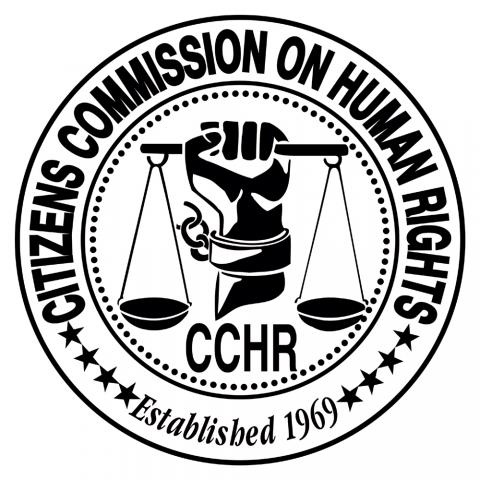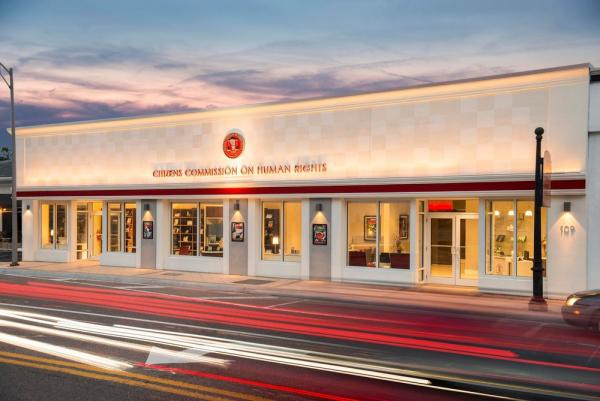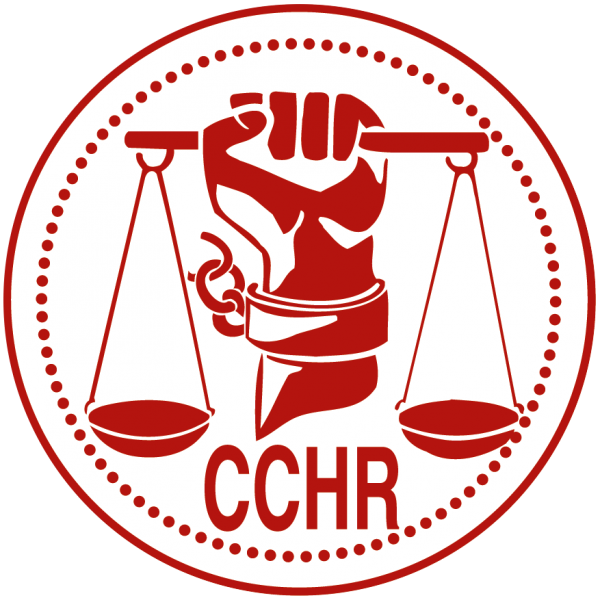Florida Remains a Hot Bed for Health Care Fraud
While advocates are calling for more mental health funding, Florida remains a hot bed for health care fraud with South Florida leading the region for such cases for the past 20 years.
According to a report from the U.S. Department of Health & Human Services' Office of the Inspector General, Florida was second only to New York for Medicaid fraud recoveries in 2016. Apparently not much has changed over the years. In 2018, Sam Konell, a longtime liaison between mental health clinics and Miami-Dade’s criminal court, was sentenced to 5 years in prison for funneling state-court defendants to a corrupt clinic. This one case cost taxpayers an estimated $25 million. [1]
The Citizens Commission on Human Rights (CCHR), a mental health watchdog that works to enact consumer protections, believes that before more money is spent on a fraudulent system, an effective process to verify mental health billing validity should be put into place to prevent tens of millions of tax payer dollars from lining the pockets of unethical practitioners.
“Florida is infamously known for mental health and health care fraud and this needs to be addressed as the priority,” said Diane Stein, president of the Florida chapter of CCHR. “Millions of dollars are being stolen from taxpayers and people who need real help pay the price.”
In 2017 Shawn Thorpe, President of Coastal Bay Behavioral Health in Jacksonville, faced charges for $1.4 million in Medicaid fraud in for a scheme created when he partnered with Ruben McLain, a man who secretly operated under a false name since he was already banned from Medicaid due to earlier crimes. Thorpe and McLain both pleaded guilty. [2][3]
Another example of potential fraud is Florida’s involuntary examination law. Commonly known as the Baker Act, this law allows for a person to be held for up to 72 hours before it is determined whether the criteria for incarceration is met yet the psychiatric facility bills for the stay even if the person should never have been taken into custody. With more than 199,000 Baker Act initiations in Florida during fiscal year 2016/2017 and with a reported average length of stay at 4.5 days the potential for abusive use and fraudulent billing of Baker Acts is very real.[4][5]
The fact that there are no tests to diagnose mental illness appears to contribute to the ease with which fraud can be committed. A prime example is the manual psychiatrists use, the Diagnostic and Statistical Manual of Mental Disorders, which grows every year with new disorders that are largely voted into existence by popular opinion and void of any scientific basis yet these “disorders” all come with an insurance billing code so that the psychiatrist can label a person and get paid for controversial disorders such as Caffeine Intoxication Disorder.[6][7]
For more information on psychiatric fraud or to report abuse please call CCHR Florida at 727-442-8820 or visit www.cchrflorida.org.
About CCHR: Initially established by the Church of Scientology and renowned psychiatrist Dr. Thomas Szasz in 1969, CCHR’s mission is to eradicate abuses committed under the guise of mental health and enact patient and consumer protections. L. Ron Hubbard, founder of Scientology, first brought psychiatric imprisonment to wide public notice: “Thousands and thousands are seized without process of law, every week, over the ‘free world’ tortured, castrated, killed. All in the name of ‘mental health,’” he wrote in March 1969. For more information visit www.cchrflorida.org
Sources:
[1] http://www.miamiherald.com/news/local/crime/article201667554.html
[4] http://www.votersopinion.com/wp-content/uploads/2015/08/Baker-Act-Overview-2013.pdf
[5] http://www.usf.edu/cbcs/baker-act/documents/annual_report.pdf
[6] https://www.cchrint.org/issues/dsm-billing-bible/
[7] https://www.psychiatry.org/File%20Library/Psychiatrists/Practice/DSM/APA_DSM-5-Contents.pdf
https://www.sun-sentinel.com/news/florida/fl-reg-opioid-crackdown-20180628-story.html





